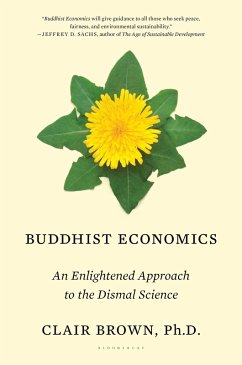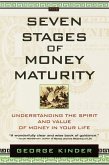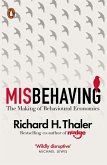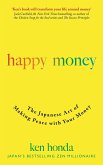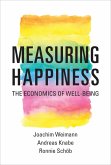In the tradition of E. F. Schumacher's Small Is Beautiful, renowned economist Clair Brown argues persuasively for a new economics built upon equality, sustainability, and right living.
"Buddhist Economics will give guidance to all those who seek peace, fairness, and environmental sustainability." -Jeffrey Sachs, author of The Age of Sustainable Development.
Traditional economics measures the ways in which we spend our income, but doesn't attribute worth to the crucial human interactions that give our lives meaning.
Clair Brown, an economics professor at U.C. Berkeley and a practicing Buddhist, has developed a holistic model, one based on the notion that quality of life should be measured by more than national income. Brown advocates an approach to organizing the economy that embraces rather than skirts questions of values, sustainability, and equity. Complementing the award-winning work of Jeffrey Sachs and Bill McKibben, and the paradigm-breaking spirit of Amartya Sen, Robert Reich, and Thomas Piketty, Brown incorporates the Buddhist emphasis on interdependence, shared prosperity, and happiness into her vision for a sustainable and compassionate world.
Buddhist economics leads us to think mindfully as we go about our daily activities, and offers a way to appreciate how our actions affect the well-being of those around us. By replacing the endless cycle of desire with more positive collective activities, we can make our lives more meaningful as well as happier. Inspired by the popular course Professor Brown teaches at U.C. Berkeley, Buddhist Economics represents an enlightened approach to our modern world infused with ancient wisdom, with benefits both personal and global, for generations to come.
"Buddhist Economics will give guidance to all those who seek peace, fairness, and environmental sustainability." -Jeffrey Sachs, author of The Age of Sustainable Development.
Traditional economics measures the ways in which we spend our income, but doesn't attribute worth to the crucial human interactions that give our lives meaning.
Clair Brown, an economics professor at U.C. Berkeley and a practicing Buddhist, has developed a holistic model, one based on the notion that quality of life should be measured by more than national income. Brown advocates an approach to organizing the economy that embraces rather than skirts questions of values, sustainability, and equity. Complementing the award-winning work of Jeffrey Sachs and Bill McKibben, and the paradigm-breaking spirit of Amartya Sen, Robert Reich, and Thomas Piketty, Brown incorporates the Buddhist emphasis on interdependence, shared prosperity, and happiness into her vision for a sustainable and compassionate world.
Buddhist economics leads us to think mindfully as we go about our daily activities, and offers a way to appreciate how our actions affect the well-being of those around us. By replacing the endless cycle of desire with more positive collective activities, we can make our lives more meaningful as well as happier. Inspired by the popular course Professor Brown teaches at U.C. Berkeley, Buddhist Economics represents an enlightened approach to our modern world infused with ancient wisdom, with benefits both personal and global, for generations to come.

